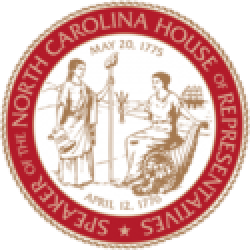Raleigh, N.C. – A new law to help military service members and their families access affordable education opportunities was approved by the state General Assembly and passed into law this month.
Senate Bill 230 NC Military and Veteran Act of 2019 accommodates the needs of military families in K-12 learning, higher education, and workforce training with reforms to the state’s public schools and university systems.
The law provides students with a parent or legal guardian who is an active duty service member two additional excused absence days when that caretaker is called to duty, on leave from duty, or immediately returning to deployment in a combat zone or supporting post.
S.B. 230 also ensures in-state tuition benefits are extended to veterans and service members in North Carolina’s university system regardless of whether they meet the standard 12-month residency requirement.
It further expands scholarship eligibility through the Department of Military and Veterans Affairs to all stepchildren, adopted children, and biological children of service members who may not currently qualify under North Carolina law.
“Military families serving our nation mean so much to the North Carolina communities where they live and learn,” said state House Speaker Tim Moore (R-Cleveland).
“They are vital not only to our freedom, but to our culture and identity as a state. Supporting their success through education and economic opportunities is a vital part of the General Assembly’s mission to make North Carolina not only the best state to serve, but to start a career, live, learn, and raise a family.”
The bill also directs the state’s Program Evaluation Division to study the feasibility of expanding licensure accommodations for military service members and their families seeking occupational certifications.
Current law already requires state boards to issue licenses to military-trained applicants and spouses upon proof they possess sufficient qualifications and experiences to allow them to practice in North Carolina.


